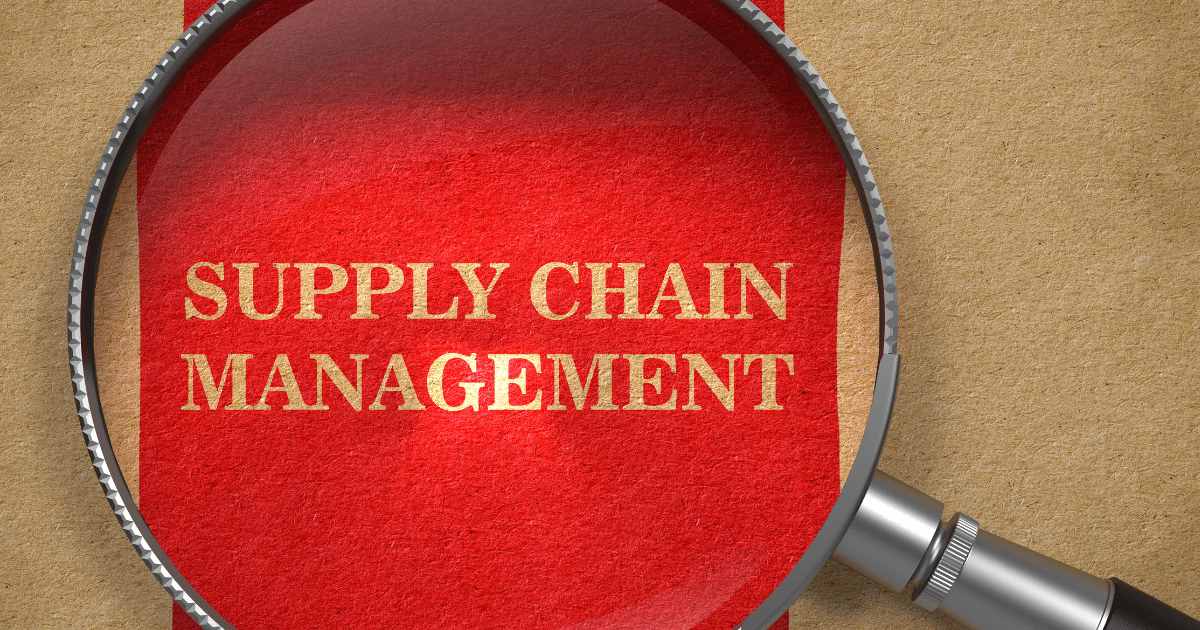
There’s a lot that goes into running a business in South Africa, with one of the most important considerations being taxes. Staying up-to-date and compliant with tax regulations is essential. This is why it’s so important that business owners understand all of the tax rules that apply to them, and know which taxes they need to pay and report on. The last thing you want is to fall behind on taxes and face penalties and other legal issues.
To help you budget and plan for taxes, here’s an overview of some key aspects of business tax laws in South Africa.
Corporate Income Tax (CIT)
Companies in South Africa are subject to corporate income tax on their taxable income. This is something that all companies need to pay, and you must stay on top of your CIT from day one of running a business. As of 2023, the standard CIT rate for South African resident companies is 27%. However, certain types of companies, such as small business corporations, might be taxed at lower rates. Non-resident companies are generally taxed at a rate of 27% on their income sourced from South Africa.
Value Added Tax (VAT)
VAT is levied on the supply of goods and services in South Africa. As of 2023, the standard VAT rate is 15%. Certain goods and services might be zero-rated or exempt from VAT. You must factor in VAT when pricing products and services for your business. Otherwise, you might have to forfeit a chunk of your profits to VAT if you haven’t planned for it.
Pay-As-You-Earn (PAYE)
If your business has any employees, then you need to register them for PAYE. This is when you withhold employees’ monthly income tax and remit these amounts to SARS. Doing this is an important requirement for any employer. PAYE rates are progressive, with different tax brackets and rates applicable to different income levels. Make sure that you understand how to calculate this accurately. If you don’t, then get an accountant to manage it for you.
Dividends Tax
Dividends distributed by South African companies are subject to dividends tax at a rate of 20%. Although, some dividends can be exempt or subject to a reduced rate due to double taxation agreements.
Capital Gains Tax (CGT)
Capital gains that come from the disposal of certain assets are subject to CGT. Individuals, companies, and trusts are all subject to CGT, although different rates and exemptions might apply to each. If your business gains a large sum of money, then be prepared to pay CGT on it.
Thin Capitalization Rules
South Africa has thin capitalization rules that limit the tax deduction for interest on debt owed to foreign-connected people. These rules aim to prevent excessive interest deductions that reduce taxable income.
Employment Tax Incentive (ETI)
This is a tax incentive aimed at encouraging employers to hire young and less experienced workers. ETI provides a tax incentive in the form of a reduction in the amount of PAYE payable, which can be an attractive option for both the business and the employee.
Small Business Corporation (SBC) Tax Regime
Small business corporations that meet certain criteria might qualify for special tax rates and incentives, such as lower corporate income tax rates. This is based on various factors, such as the size of your business and your annual turnover.
Tax Compliance Requirements
All businesses in South Africa have to comply with various tax filing and reporting obligations. This includes submitting annual tax returns and maintaining proper records of your business finances. You must follow careful and accurate bookkeeping processes from day one of running your business. This makes managing your taxes easier, and it helps to keep your business compliant with the law.
Business tax laws don’t have to be as intimidating as you think. As long as you understand all of the relevant tax laws and plan for them, then managing your business finances can be easy. Just note that tax laws and regulations can change, so it’s crucial to consult with a qualified tax professional and always refer to the latest information from SARS. if you’re ever unsure about how to manage your taxes or don’t know what tax laws apply to your business, get an experienced business accountant to help you. This can save you plenty of time and stress, as well as save you money in the long run.
Read Also: TAX FILING GUIDE FOR SMEs






